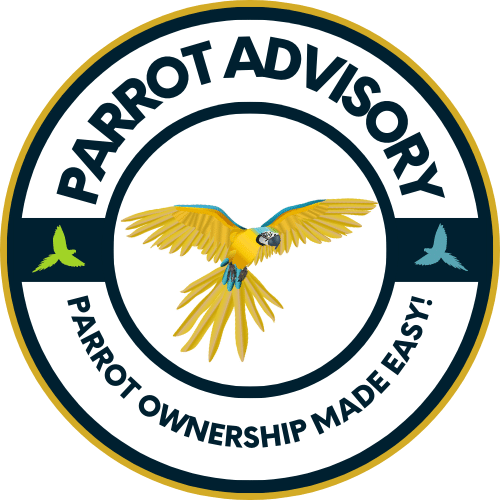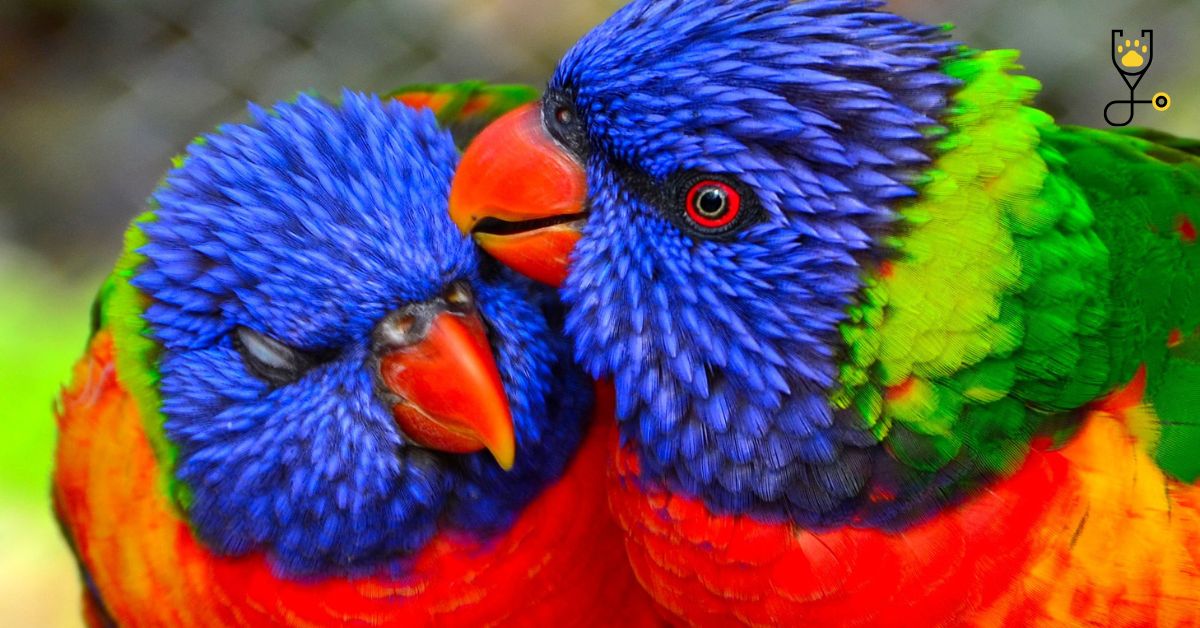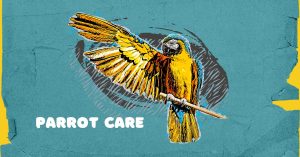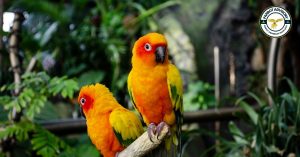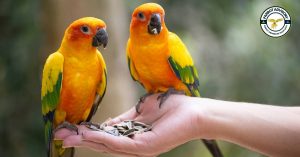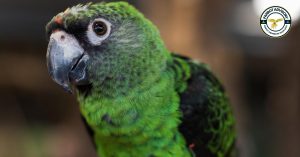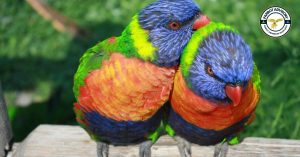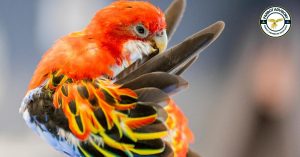Are you looking for ways to add variety and nutrition to your parrot’s diet? You may be surprised to find out that some vegetables can provide important vitamins and minerals that are essential for parrots’ health. It is important, however, to know which produce items are safe and beneficial for them. In this blog post, we’ll share the top ten best vegetables for providing both dietary diversity and much-needed nutrition when feeding your feathered friend! We’ll cover information such as what types of veggies are safe to feed a parrot, the amount recommended per day, how they can benefit birds nutritionally speaking, as well as other considerations before introducing any new foods into their diets. Ready? Let’s get started!
Are vegetables good for Parrots?
Parrots can benefit greatly from the addition of vegetables to their diets. Vegetables provide additional essential vitamins and minerals that are not found in pellets or seed mixes alone. As a matter of fact, some vegetables, such as carrots and sweet potatoes, are actually higher in certain nutrients than most fruits! The key to introducing vegetables to your parrot’s diet is to ensure that it is safe for consumption. Not all vegetables are created equal, and some can even be toxic to birds if consumed in large amounts. Below we will cover which veggies are best for parrots, as well as how much of each you should feed them each day.
Best vegetables for Parrots
1. Carrots
2. Sweet potatoes
These are great sources of beta-carotene, fiber, and vitamin A. They also have a sweet taste that most parrots enjoy! Try steaming or boiling them before serving to soften them up a bit.
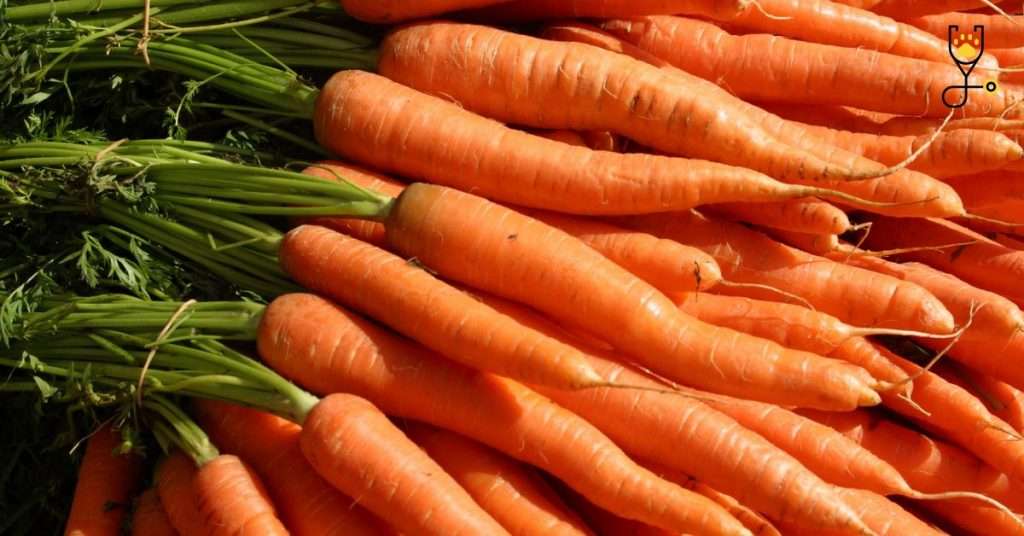
These are excellent sources of vitamin A, potassium, and calcium. You can offer these boiled or microwaved in small pieces so your parrot can nibble on them easily.
3. Broccoli
This vegetable is high in vitamin C and provides some dietary fiber as well as other important minerals such as iron and magnesium. Make sure to cut it into small enough pieces so your bird can eat it without choking!
4. Spinach
This leafy green is rich in essential vitamins and minerals such as iron, vitamin K, and folate. You can offer it raw or lightly steamed.
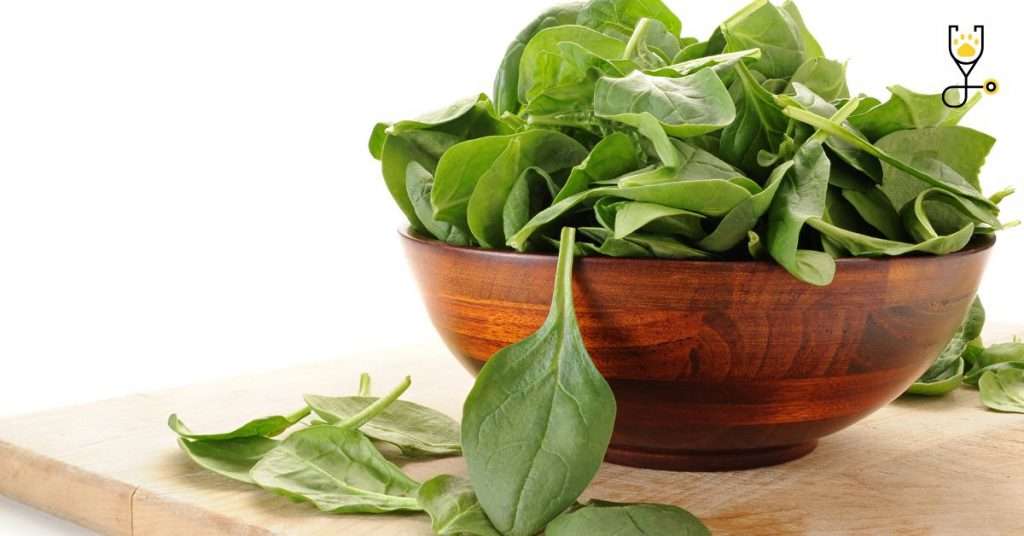
5. Peas
Peas are a great source of protein and fiber, which makes them an excellent addition to any parrot’s diet. Try offering frozen peas that have been thawed first.
6. Green beans
These are packed with important vitamins such as vitamin A and C, along with dietary fiber and calcium. Offer these cooked or steamed before serving to your bird!
7. Zucchini
This vegetable is high in potassium as well as several other nutrients including calcium, magnesium, and B vitamins. Offer it raw or lightly steamed.
8. Cauliflower
This white vegetable is a great source of vitamin C, folate, and dietary fiber. Make sure to cut it into small enough pieces so your bird can eat it without choking!
9. Squash
This orange-fleshed fruit is an excellent source of beta-carotene, vitamin A, and other minerals such as potassium and calcium. You can offer this boiled or microwaved in small pieces so your parrot can nibble on them easily.
10. Bell peppers
These colorful vegetables are full of essential vitamins such as vitamin C and B6 as well as important minerals like copper and magnesium. Offer these raw or roasted for a tasty treat!
11. Celery
This crunchy vegetable is packed with dietary fiber and contains some essential vitamins such as vitamin A and C. Offer it raw or lightly steamed for best results.
12. Asparagus
This veggie is a great source of potassium, folate, and vitamin K. Make sure to cut it into small enough pieces so your bird can eat it without choking!
13. Tomatoes
These are a great source of lycopene which can help protect against certain types of cancer while providing additional vitamins as well as minerals like iron and potassium. Offer these in small amounts only, since they may be too acidic for some birds to digest easily.
14. Eggplant
This purple vegetable contains several important vitamins such as vitamins C and K, as well as minerals like calcium and magnesium. Offer it cooked or steamed before serving it to your bird!
15. Mushrooms
These are excellent sources of dietary fiber, protein, and certain B vitamins that can help boost immunity in parrots. Make sure to cook them first since raw mushrooms may be toxic for birds. .
Veggies that should be Avoided
1. Onions
These contain a compound called thiosulfate which is toxic to birds and can cause damage to their red blood cells.
2. Garlic
Just like onions, garlic contains sulfur compounds that are toxic for parrots when ingested in large amounts.
3. Avocado
This fruit contains persin which can be toxic for parrots if consumed in large quantities. Avoid feeding this to your bird at all costs!
4. Potato
Raw potatoes contain oxalic acid which can be poisonous if ingested by birds in large amounts. Make sure they are cooked before offering them as a treat!
5. Cabbage
This vegetable contains goitrogens which can interfere with your bird’s thyroid function if consumed in large amounts.
Conclusion
Vegetables can be an important part of a parrot’s diet as they are full of essential vitamins, minerals and dietary fiber. When offering them to your bird, make sure to cut them into small enough pieces so that there is no risk of choking. Be sure to avoid any veggies which contain toxins such as onions and garlic, or those with high levels of oxalic acid like potatoes. With the right precautions in place, you can provide your parrot with all the nutrition it needs from these healthy plant-based foods!
FAQS
A: Most vegetables are safe for parrots to eat, such as carrots, broccoli, zucchini, cauliflower, squash, bell peppers, celery, asparagus and tomatoes. However, certain ones like onions and garlic should be avoided due to their toxicity.
A: The amount of vegetable you can give your bird will depend on its size and breed. For smaller birds like budgies or cockatiels, a few pieces of chopped veggies per day should suffice. Larger parrots may need more than that in order to stay healthy and fit. It is always best to consult your veterinarian for a more tailored feeding plan.
A: Raw vegetables are generally safe for parrots, however it is best to cook or steam them first before serving as this will make them easier to digest. Additionally, some veggies such as potatoes and mushrooms may contain toxins which can be dangerous if consumed in large amounts. In these cases, cooking is necessary in order to eliminate the danger.
A: It is best to avoid giving your bird dairy products, processed meats, chocolate, caffeine and alcohol. Additionally, many fruits like cherries and apples contain seeds or pits which can be hazardous if ingested by birds. These should always be removed before offering them as a treat.v
A: Yes, certain supplements like vitamin E and omega-3 fatty acids can help boost immunity in parrots and are found naturally in certain foods like spinach, broccoli and kale. Additionally, some calcium-rich foods like crushed eggshells can also provide additional nutrients to your bird’s diet. It is best to consult your veterinarian for advice on what supplements would be most beneficial for your particular bird.
